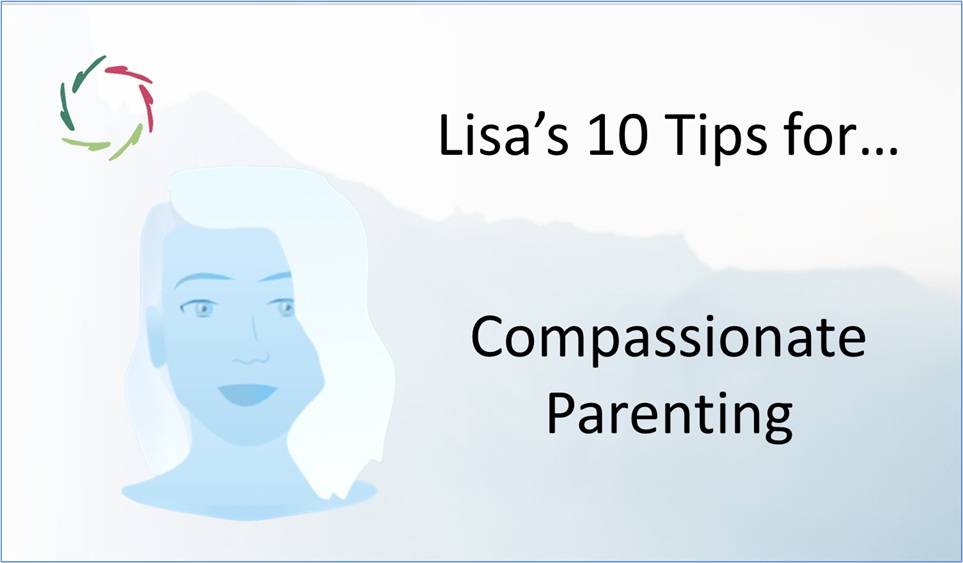Lisa’s 10 Tips for… Overcoming Perfectionism

Here are ten original tips for overcoming perfectionism that are specifically based on Lisa’s knowledge and deeper insights ― avoiding the common tips that are frequently offered.
These tips, provided by A.I. coach-bot Lisa (human ratified, hardly or unedited), Compassionately align with both rationality and depth as well as with a synthesis of fostering growth and relief of suffering ― forming a deep approach that aims for fundamental transformation rather than superficial fixes. For more about their use, see Lisa’s 10 Tips for… An Introduction. Note that this is support, not therapy. If needed, please seek out proper human therapy.
Embrace ‘good enough’
Perfectionists often hold themselves to unrealistic standards, which leads to feelings of inadequacy. Embracing the idea of “good enough” (perfect imperfection) isn’t about settling for less—it’s about recognizing that perfection is unattainable and unnecessary. By accepting that your efforts are good enough, you free yourself from the endless cycle of overworking and overthinking. This shift allows you to complete tasks with a sense of accomplishment rather than disappointment, knowing that what you’ve done is valuable.
Redefine mistakes as learning
One of perfectionism’s biggest hurdles is the fear of mistakes. Perfectionists often equate mistakes with failure, which leads to procrastination or avoidance. To break free from this, reframe mistakes as essential parts of the learning process. Eventually, they are part of perfection. Every mistake teaches you something new and contributes to growth. This mindset allows you to embrace challenges without fear, knowing that the journey itself—flaws and all—leads to deeper learning and progress.
Let go of the need for control
Perfectionism often stems from a deep-seated need to control outcomes, as uncertainty feels uncomfortable. However, life is full of variables that can’t be controlled. By releasing this need, you open yourself to the natural, ‘perfect’ flow of life, where not everything can or should be micromanaged. Practice letting go by allowing things to unfold without constant intervention. Trust that even if things don’t go exactly as planned, there’s room for creativity and growth in the unexpected.
Practice self-compassion in place of self-criticism
The inner dialogue of a perfectionist can be relentlessly harsh. Self-compassion offers a way to break this cycle. When you notice self-critical thoughts—like “I’m not good enough” or “I failed”—pause and ask yourself, “Would I say this to a friend?” Shift the conversation in your mind to one of kindness. Self-compassion doesn’t mean letting go of growth, but it allows you to pursue growth (in which resides the real perfection) without the burden of constant self-judgment.
Focus on progress, not perfection
Perfectionism focuses so heavily on the result that it often overlooks the importance of the process. By shifting your attention to the progress you’re making, you start to appreciate the journey rather than obsess over the destination. Whether you’re working on a project, a skill, or personal growth, recognizing each step forward—no matter how small—helps build confidence. Progress is cumulative, and when you appreciate it, you reduce the anxiety of trying to make everything perfect at once.
Embrace vulnerability
Perfectionism is often a defense mechanism that shields you from vulnerability. By striving for perfection, you’re trying to avoid criticism, judgment, or rejection. However, genuine connection with others comes from showing your authentic self, including your imperfections. Embrace vulnerability by allowing yourself to be seen as you truly are. When you let down the shield of perfection, you create space for deeper relationships and natural growth, both personally and in your work.
Release the need for external validation
Perfectionists often seek validation from others as a way of measuring their worth. This can lead to an exhausting cycle of constantly trying to please or impress others. Start releasing this need by validating yourself from within. Ask yourself, “Am I satisfied with this?” rather than “Will they approve?” Connect with your deeper self to align your actions with your true values, not the expectations of others. This shift empowers you to create from a place of authenticity rather than external pressure.
Limit the scope of your tasks
Perfectionists tend to overdo things, turning even simple tasks into major projects. This can lead to burnout and frustration. To counter this, practice setting clear boundaries around your efforts. For example, if you’re working on a report, decide in advance how much time you’ll spend on it and stick to that limit. This practice helps prevent the perfectionist tendency to get lost in unnecessary details, allowing you to focus on what’s truly important.
Celebrate small successes
Perfectionism causes you to focus so much on what hasn’t been achieved that you overlook what has been accomplished. Start making it a habit to celebrate even small victories. Whether you’re completing part of a project or simply making progress on a goal, take a moment to acknowledge your efforts. Celebrating small successes helps build positive reinforcement, making you more likely to keep moving forward without getting bogged down by the pressure of perfection.
Trust the natural flow of life
Perfectionism often arises from resistance to life’s imperfections. By learning to trust the natural flow of life, you allow yourself to embrace uncertainty and imperfection as part of the human experience. Life doesn’t need to be perfectly planned or executed to be fulfilling. Trust that life’s imperfections often lead to unexpected opportunities for growth and creativity. This mindset helps reduce the anxiety that comes from trying to control every detail and instead invites more openness and peace.
―
These tips offer a richer understanding of how to gently transform perfectionism into a healthier, more balanced mindset. Each tip invites a shift in perspective that allows for personal growth without the need for rigid control or unrealistic standards. I hope you find these tips helpful!

.
.
.


